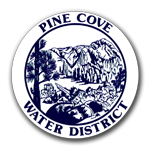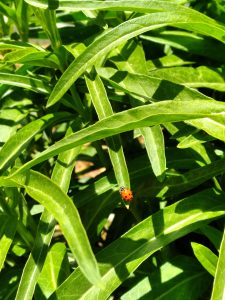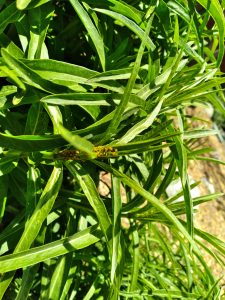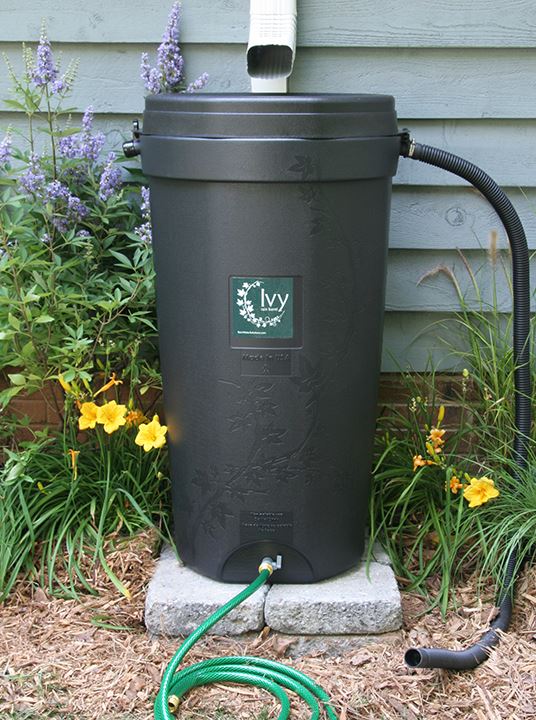Update from The PCWD Office
Welcome to Summer!!
The sun is shining, the plants are blooming, and we are looking forward to seeing happy faces outside.
While the mask requirements have eased across the state, we are still staying extra diligent with asking people to mask up before coming into the office and limit amount of people that are in at a time.
Have you lost a pair of reader glasses? We have a pair here in the office that were left.

Bills are due July 1st. There is a $15.00 late fee that will be applied to all accounts that are not paid by the due date.
At this point, I’m not sure I would rely on the postal service to get your check to us in time but you can always drop off your payment night or day by coming in and saying hi or thru the slot on the front door.
You can log onto your account online and pay with a Visa/Mastercard/Discover, or E-check. There is a merchant fee of $3.00 per hundred spent for this option. To register your account online, you will need your account number and the Municipality Code of PineCoveWDCA. Go to our website at www.pcwd.org and click the “Billing” tab. Follow the links from there.
If you are signed up for the ACH Auto Draft payment option, your bill will be automatically paid on the 1st.






